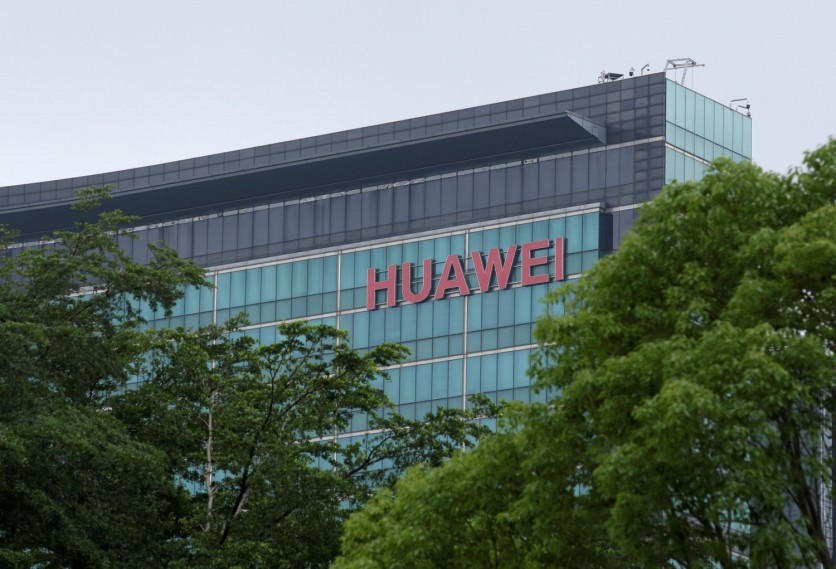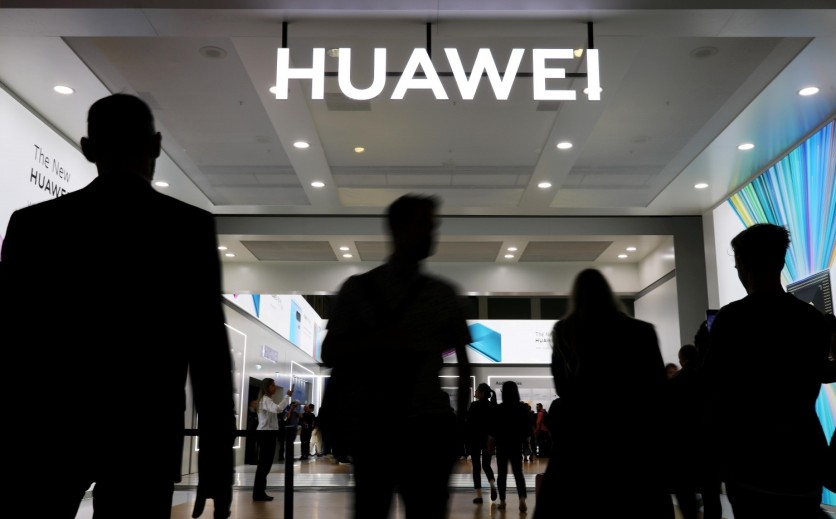

The White House will limit the international supply of chips to China's Huawei Technologies as Trump administration ramps up criticism of China over the novel coronavirus, sources familiar with the matter said.
The decision comes as ties between Washington and Beijing become more strained, with both aspects trading barbs over who's in charge of the spread of the chaos.
Chipmakers should obtain US license, lawmakers said
Under the proposed rule trade, foreign agencies that use US chipmaking gadgets are required to obtain a US license earlier than supplying specific chips to Huawei.
One of the sources stated the guideline-trade is aimed at curbing sales of chips to Huawei through Taiwan Semiconductor Manufacturing Co (TSMC), a leading manufacturer of chips for Huawei's HiSilicon unit, as well as the world's biggest contract maker.
Trade lawyer Doug Jacobson told Reuters the move would have a much more negative effect on US agencies than it will on Huawei, due to the fact Huawei will increase their own deliver chain. Huawei will discover alternatives, he added.
Reuters also reported that the US government took the higher grounds to make sure its effects on the US industry could be minimal.
The decision could "provoke" Beijing over a global campaign by the United States to compel allies to exclude Huawei from their 5G networks over spying concerns, according to CNBC.
The decision came while US officials from diverse businesses met and agreed on Wednesday to regulate the Foreign Direct Product Rule, which subjects foreign-made items based on US or software to US regulations, the sources said.
One of the sources, according to CNBC, said the trade-exchange is geared toward limiting the sale of new chips to Huawei.
"It's impossible to tell the impact until we know the technical thresholds that can apply," said Washington lawyer Kevin Wolf, a former Commerce Department official.
Washington-Beijing Tensions
The United States located Huawei on a blacklist in May closing year, citing countrywide protection concerns. The entity listing, as it is known, allowed the US to restrict sales of US-made goods to the enterprise and a few extra limited items made abroad that contain US technology.
However, key foreign supply chains under new regulations, stay beyond the reach of US authorities. Reuters said the new rule fuelled frustration among China hawks in the administration and prompting a push to toughen up export policies for the enterprise.
The Hawks' efforts deemed jeopardized last month while Trump reacted strongly in opposition to the proposed crackdown after Reuters and The Wall Street Journal stated that a move to block worldwide chip sales to Huawei is being considered.
Trump said he wanted "our groups" to be allowed to do business. While things that have nothing to do with national security, including with chip makers, are placed on Trump's desk, the US President remarked that manufacturers have to make those chips in a different country.
![Apple Watch Series 10 [GPS 42mm]](https://d.techtimes.com/en/full/453899/apple-watch-series-10-gps-42mm.jpg?w=184&h=103&f=9fb3c2ea2db928c663d1d2eadbcb3e52)



